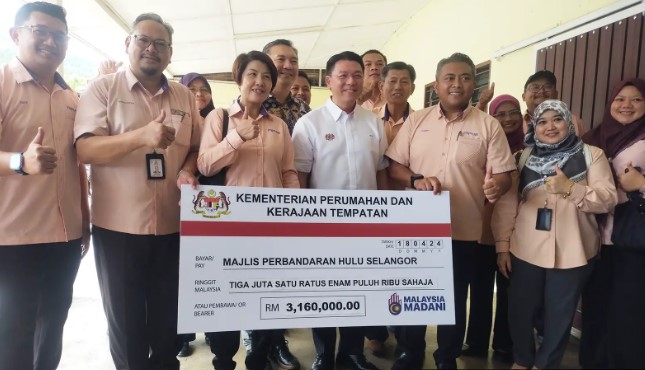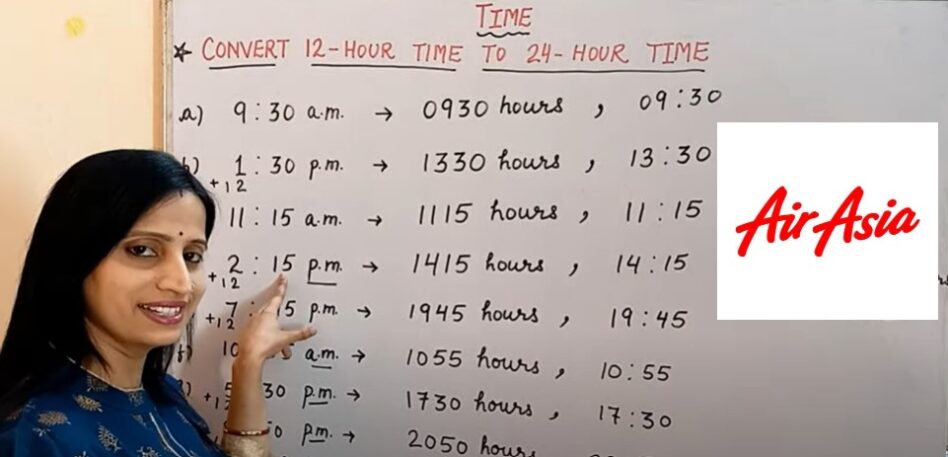 The Securities Commission (SC) recently filed a civil suit at the High Court against five individuals, including former directors and remisiers, for market manipulation offences involving Reliance Pacific Bhd.
The Securities Commission (SC) recently filed a civil suit at the High Court against five individuals, including former directors and remisiers, for market manipulation offences involving Reliance Pacific Bhd.
Granted, the SC can take criminal or civil sanctions against offenders of securities crimes. In the Reliance Pacific case, it probably wants the RM5.1 mil rather than a jail sentence for the purported offenders.
But the issue is, would this encourage people who are loaded with money to commit a crime and, if found guilty, to just pay the fines or penalties?
Isn’t market manipulation a criminal offence? Why doesn’t the SC charge the individuals in the Reliance Pacific case instead of opting to just giving them a slap on the wrist?
“The SC will always seek to pursue an enforcement strategy that is proportionate and yield the most efficient and effective outcomes for each case,” the regulator told FocusM.
It cited the Capital Markets and Services Act 2007, which vests the SC with the power to take three types of enforcement actions, namely administrative, civil and criminal.
Essentially, each case is different and there are various considerations when deciding on an enforcement approach.
For one, the regulator would have to take into account the nature and seriousness of the breach and assess the market impact, which include the loss or harm inflicted on investors.
Other factors to consider include the element of dishonesty, premeditation, prevalence or rampancy such as the duration and frequency of breach.
The regulator would also likely decide on the desired objectives and alternatives whether it wants restitution or protection of the client’s assets.
Similarly, in 2017, the SC sued seven individuals for shares manipulation in APL Industries Bhd and sought court orders for disgorgement and civil penalty of RM1 mil each.
Civil settlements normally fall short of true reimbursement. One well-known share manipulation case was involving Repco Holdings Bhd’s former executive chairman Low Thiam Hock or better known as Repco Low in stock market circles.
He was found guilty by the Sessions Court in 2016 under Section 84(1) of the Securities Industry Act 1983, which carries the penalty of a minimum fine of RM1 mil and maximum jail term of up to 10 years.
Low was sentenced to five years of imprisonment and a fine of RM5 mil for the manipulation of Repco shares in 1997. At that time, the sentence against Low was the highest imprisonment term imposed by the courts in a market manipulation case.
However, the amounts defrauded are often many times more than the fines. The perpetrators get away with far less, in terms of sentences, compared to the millions defrauded.
Take, for example, the Pancaran Ikrab Bhd case. Its former managing director Datuk Lybrand Ngu Tieng Ung was sentenced to a day’s jail and RM2 mil in fines, with RM1 mil for each offence.
He was found guilty of committing two counts of financial fraud but many opined that the sentence did not commensurate with the amount of money the company lost through the fraud. The court even allowed the offender to pay the fine in 12 instalments.
Ngu was charged with causing the transfer of RM15.5 mil from Pancaran Ikrab’s bank account for the purchase of shares when the money was not meant for that purpose.
The offences were committed in October 1997 and Ngu was charged in May 2005.
The SC said under Ngu’s watch, a total of RM37 mil was transferred out of Pancaran Ikrab. The money was never recovered and was written off in the company’s accounts.
Basically, market manipulation refers to artificially inflating or deflating the price of a security or otherwise influencing the behaviour of the market for personal gain. But it can be difficult for regulators and other authorities to detect.
The huge losses and volatility caused by manipulation is not to be taken lightly. Investors are affected and may be burnt as a result of such manipulation and these should give strong rationale for jurisdiction.
As such, it is important to have effective laws and strong enforcement to curb manipulation. Higher penalties should be imposed on those who breach the laws as a deterrent to offenders.
Active monitoring by securities regulators is essential to prohibit market manipulation. Whenever there is sufficient evidence from unusual share price movement, quick and efficient investigations and actions should be taken.
Ultimately, investors will have greater confidence in the capital market which thrives on integrity of the companies. – May 22, 2020










